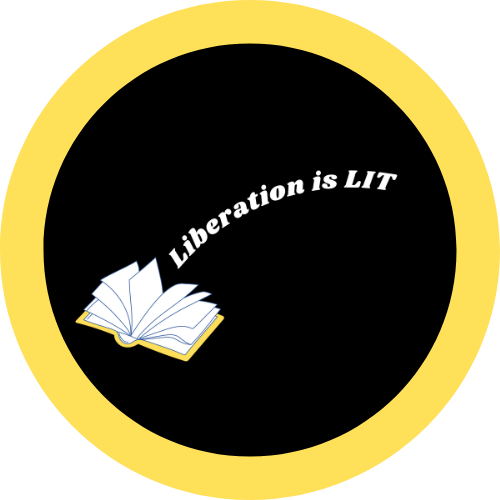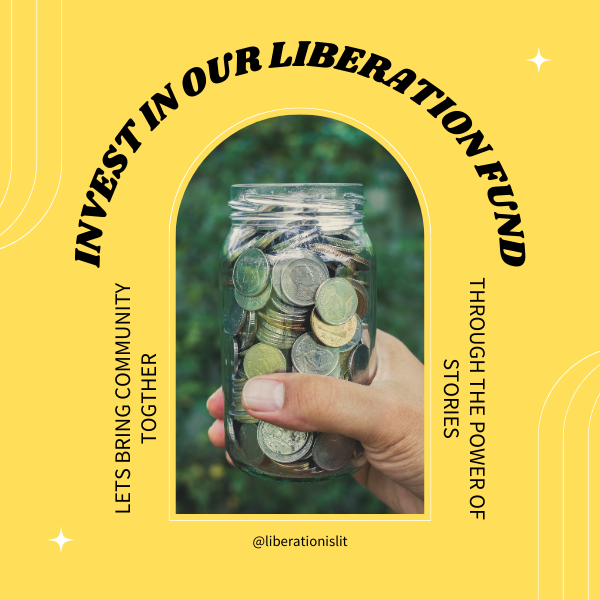As first posted on feministbookclub.com
When I first started Equity: How to Design Organizations Where Everyone Thrives by Minal Bopaiah, I kept thinking about how all the characters of The Office needed to read this book. I mean, I have never seen an entire episode of The Office, and all I know about the show are the toxic behaviors of Michael Scott turned into memes, but based on all the memes I have seen, this book would be perfect for him at least.
Lots of IDEAs
The ideas (pun wholeheartedly intended) in Equity are not your old-school, dry DEI education that’s cheesy and uncomfortable for the many identities that it subjects. This book synthesizes different theories of Diversity, Equity, and Inclusion, and expands them into the concept of IDEA (Inclusion, Diversity, Equity, and Accessibility). I had never seen discussions expanded to include Accessibility; DEI is less effective (if effective at all) if it isn’t accessible.
I am a former DEI nerd now converted to an IDEA nerd. I really like that Equity does a great job of introducing these concepts in a way that doesn’t seem overly simplified for those who are already familiar. I’ve read a lot of DEI things in the past, including some workplace themed material, but they were basic. With all the figures and graphics, this made for a quick, easy-to-understand read.
Office Book Club
One time I worked at an office where one of my coworkers was having an issue with someone else in our department. When she went to her supervisor for help, instead of mediating the issue, her supervisor gave my coworker a book to read so she could solve the issue herself. I wholeheartedly believe in the power of books, but reading that book would not have solved the inherent power dynamic that her supervisor failed to see.
I tell this story to illustrate a point: some issues in a workplace (especially around IDEA) can only be solved by a top-down approach. Equity is a book for organizational leaders to learn how to create the most change. Other folks in the organization can only do so much to advance IDEA, but they will always fall short in making substantial and sustainable organizational transformations if they do not have support from the leaders.
Since people on that leadership team believe in the power of books to solve problems, I would have recommended that book to them (spoiler alert: they needed Equity for more issues than the one in the story).
Something for Everyone
One day I hope to run my own organization (one that is disruptive to capitalism and with a loose hierarchical structure kinda like Feminist Book Club) and I hope to not only learn from the principles of IDEA but engrain them in everything I do.
Whether or not you run an organization or work for one, there is something for you to take out of this book.


